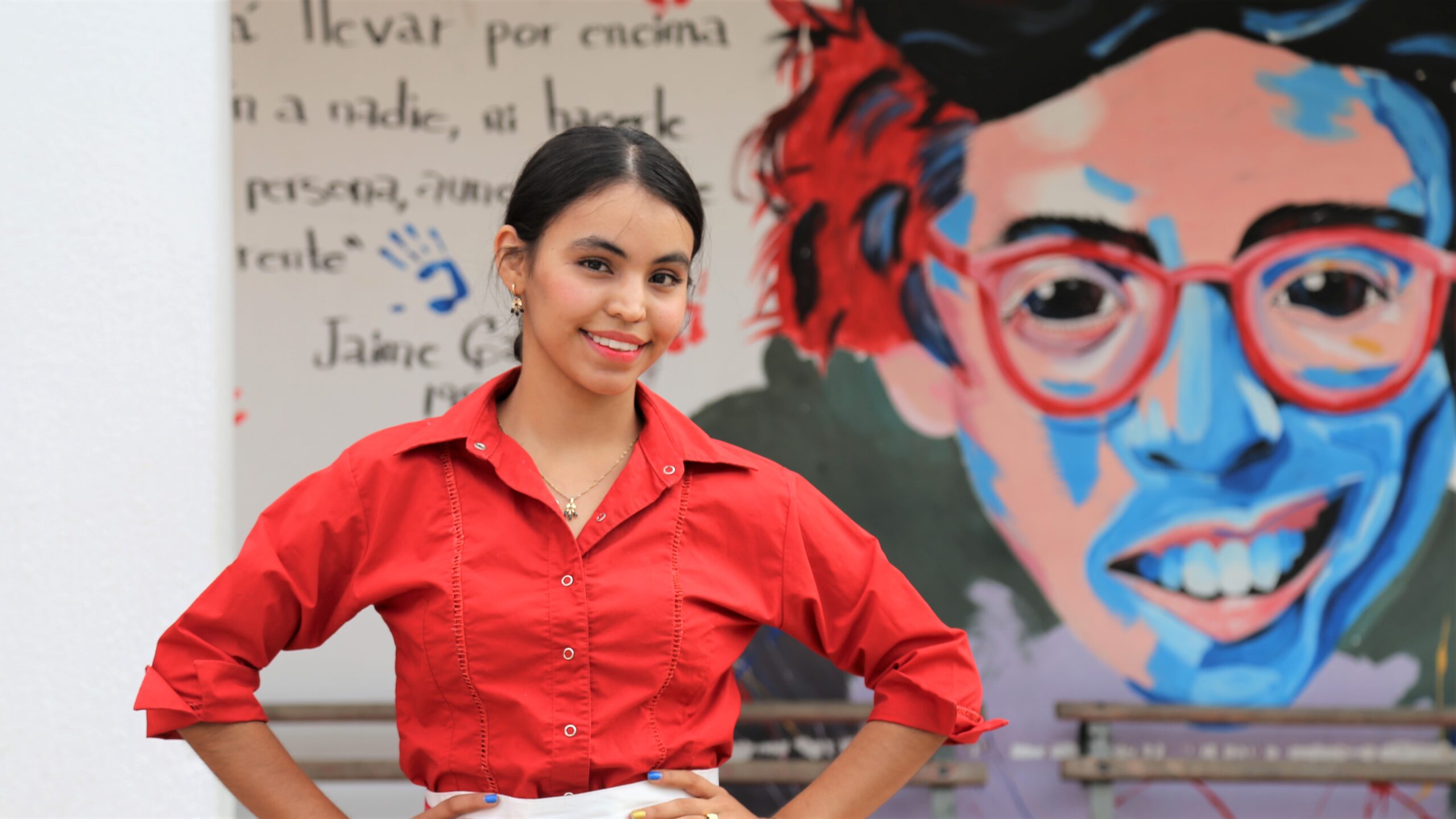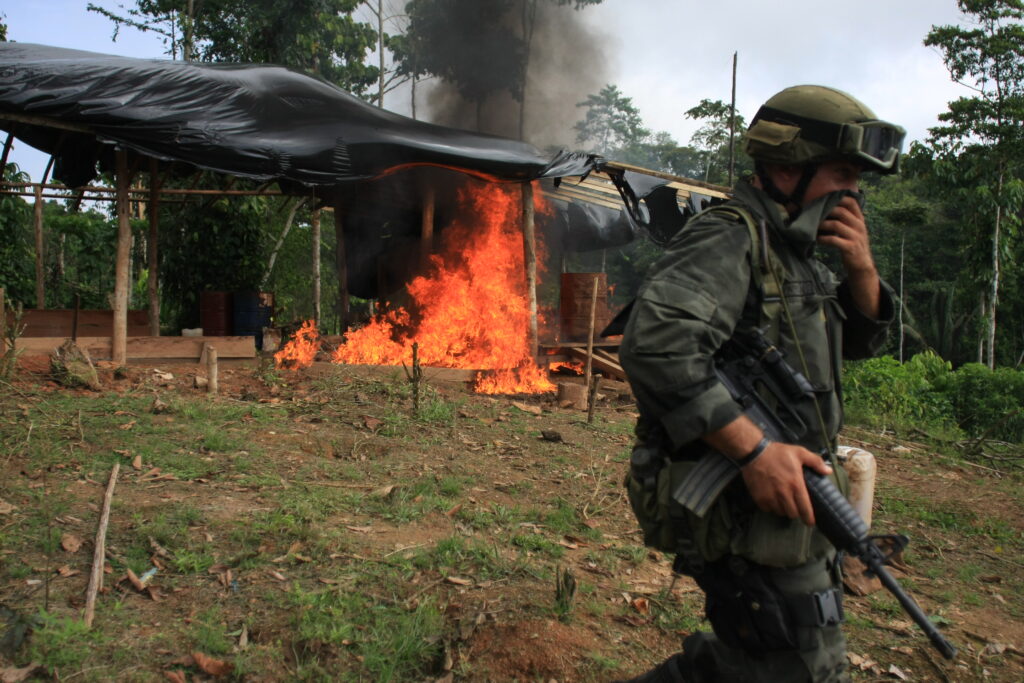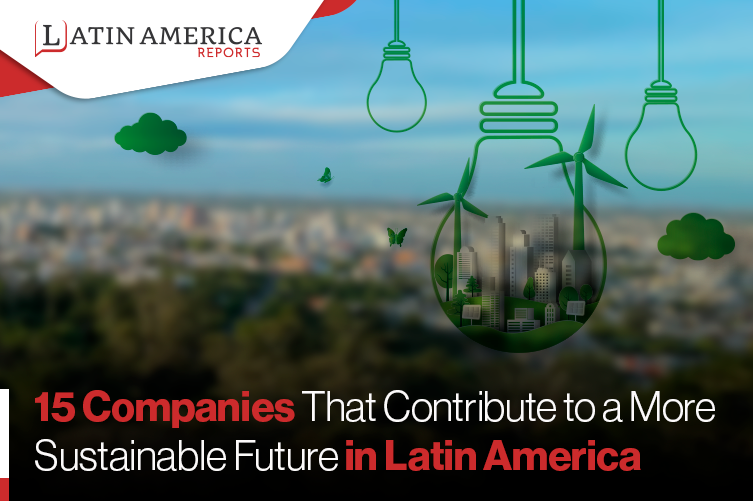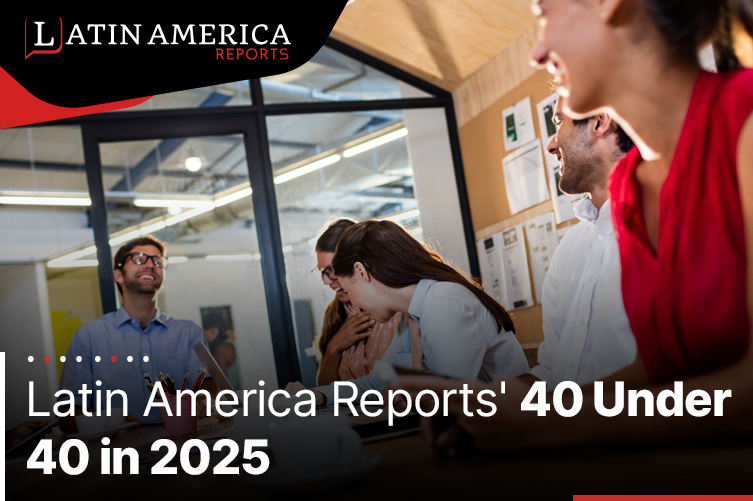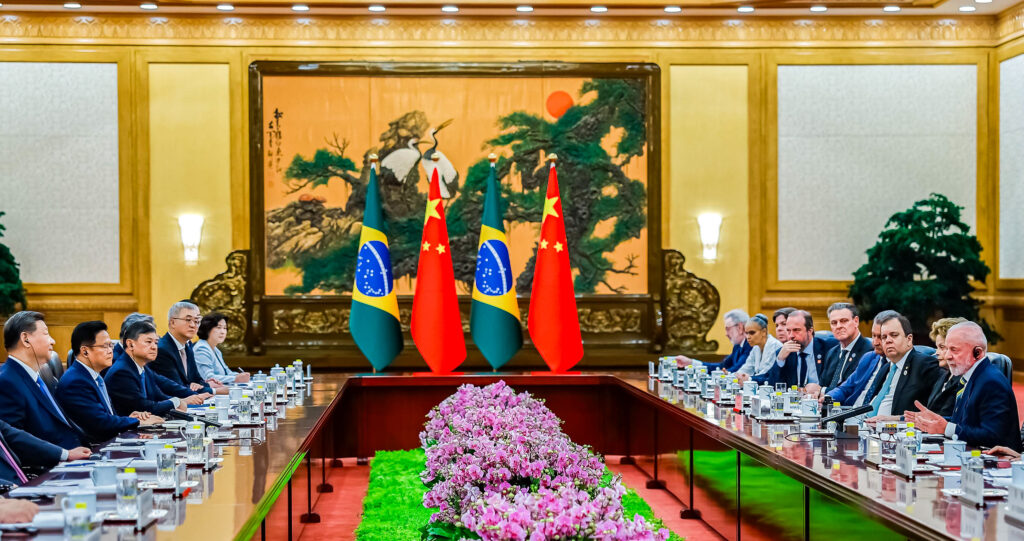Cali, Colombia — A student at Universidad del Valle (Univalle) has combined her passion for helping animals with her expertise in electronics and systems to produce a mobile application and automatic food dispenser for dogs that spend most of their time alone.
The market size of IoT platforms for pet care is valued at 6.62 billion in 2022 and is projected to reach 28.96 billion in 2031, according to a market report by Insight Ace.
During her final project work in the Systems Engineering Program at the Tuluá campus, Magrel Londoño incorporated knowledge acquired from her degrees as a systems and electronics technologist obtained with Univalle, to develop a smart food dispenser that will help the owner monitor feeding patterns from afar.
“This app and dispenser can help people be more aware of their doggies,” Londoño said, adding that in the future something similar can help people alone at home as well.
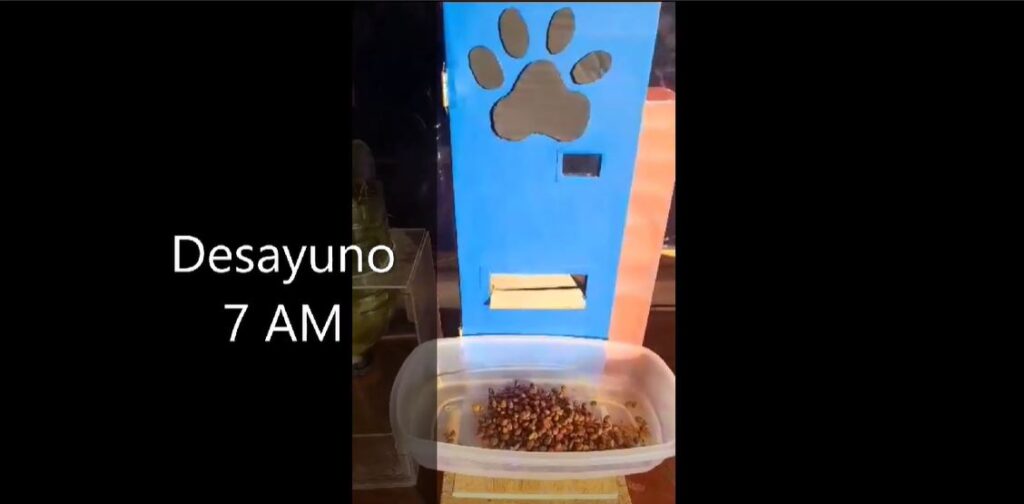
The Research
Londoño explained that the user can enter the dog’s weight, height and age.
“With these data provided, the application calculates the precise amount of food and water that the puppy should consume daily,” Londoño said, adding that subsequently, the smart feeder will automatically dispense the food at the regulatory hours, based on the research raised during the development of the project.
In addition, the application has the function of diagnosing up to 11 diseases with the help of artificial intelligence.
“The data sent from the dispenser to the app allows the detection of three symptoms, which are loss of appetite, low water intake or no water intake,” Londoño said.
Implementing this Internet of Things (IoT) project requires the electronic integration of sensors and actuators, the discretization of control functions, the handling of sequential systems, the knowledge of microprocessors, the understanding of embedded systems and the handling of low and high level programming languages.
Londoño (who belongs to the Science, Action and Development (CAD)) research group at the Tuluá campus) hopes that in the future he will be able to develop more functions that will allow him to work together with veterinarians to monitor and treat dog diseases from afar.
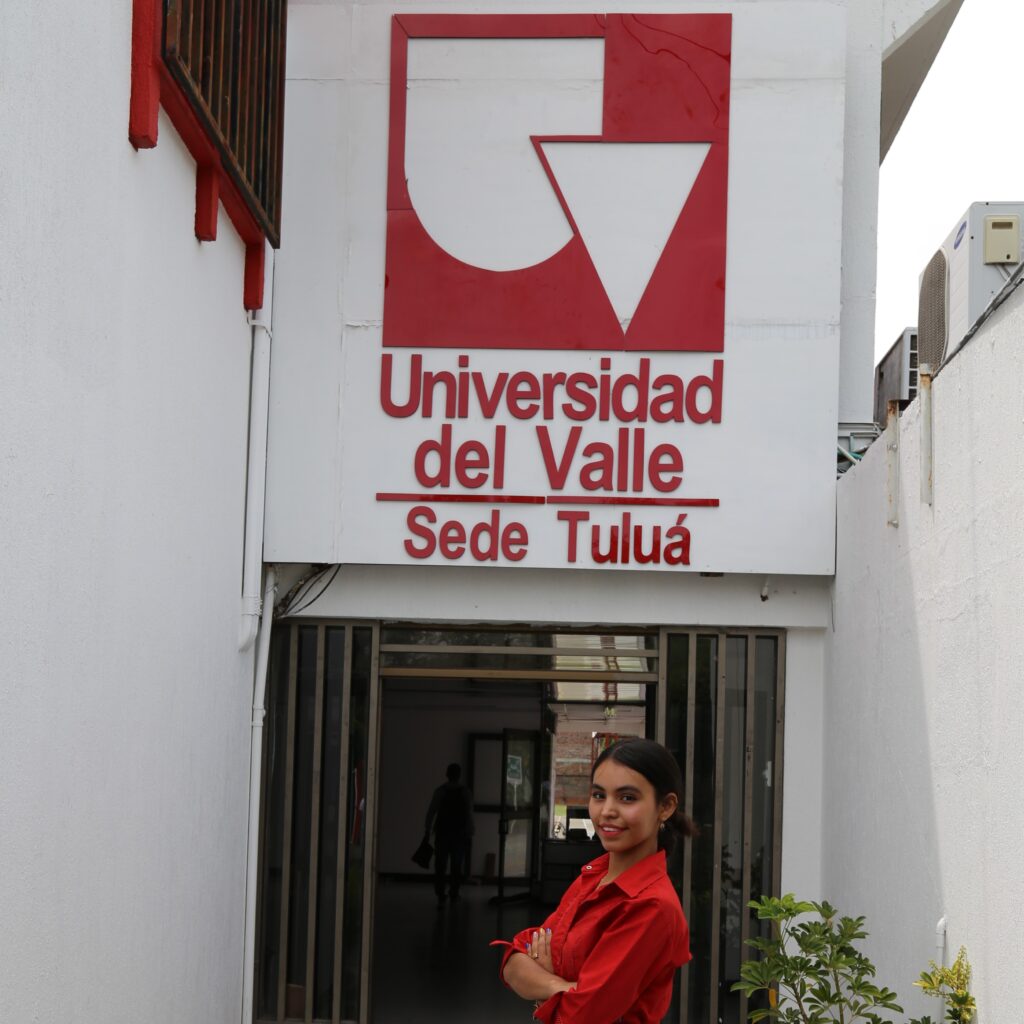
Joshua David Triana Madrid, hourly lecturer at the University of Valle at the Tuluá headquarters and attached to the Guia Group: Univalle Group in Artificial Intelligence and one of the supervisors of Londoño’s project, explained that this work can be an inspiration to other students who want to do research, especially in the field of the “Internet of Things.”
“It is mostly about dogs, but the potential is infinite, that is, it could be applied for any type of pets, both because with sufficient diagnostic information and even with human beings,” Professor Triana said.
Professor Hector Garcia Arana, Academic Manager of the Electronics Technological Degree Academic Program in Tuluá agreed with the impact of the project.
“She is an example and a reference for students who with his great work invite us to carry out work that integrates different disciplines such as electronics, artificial intelligence and programming that lead us to solve a problem through formative research,” Professor Garcia said.
Importance of Regional Education
Londoño and his directors are based at Univalle’s Tuluá Regional Campus, located in a key intermediate city in the agricultural and service-intensive industry in the center of the department of Valle del Cauca.
Founded in 1987 during Univalle’s regionalization system, the campus offers Technology in Electronics, Software Development, Food; and degrees in Food Engineering and Systems Engineering, among others.
Juan Sebastian Correa Fernández, a lecturer at the Universidad del Valle at the Tuluá campus in the Electronics Technology Program attached to the SITE and MACAPLI research groups, and one of Londoño’s project directors, explained that research at regional campuses is of utmost importance, since it boosts local development and solves specific challenges of the region through solutions adapted to their particular needs.
“This not only benefits the local community, but also fosters the growth of skills and the integral development of young researchers,” Professor Correa said.
In addition, Londoño also received support from the main Meléndez campus.
Carlos Rafael Pinedo Jaramillo a retired professor, from the Research Group In Perception And Intelligent Systems (PSI) said that the integration between regional and Melendez headquarters is essential, at the research level is of great importance because each area has a diversity of needs to understand and the creation of solutions to provide.
“The integration with the regions in research and the possibilities of teamwork with its members, are beneficial for technological and scientific development, contribute to the social and economic development of the communities associated with the study centers,” he said.
This article originally appeared on the Faculty of Engineering (Universidad del Valle) website here and was reproduced with permission. It is authored by Andrew James (NCC/Univalle).


